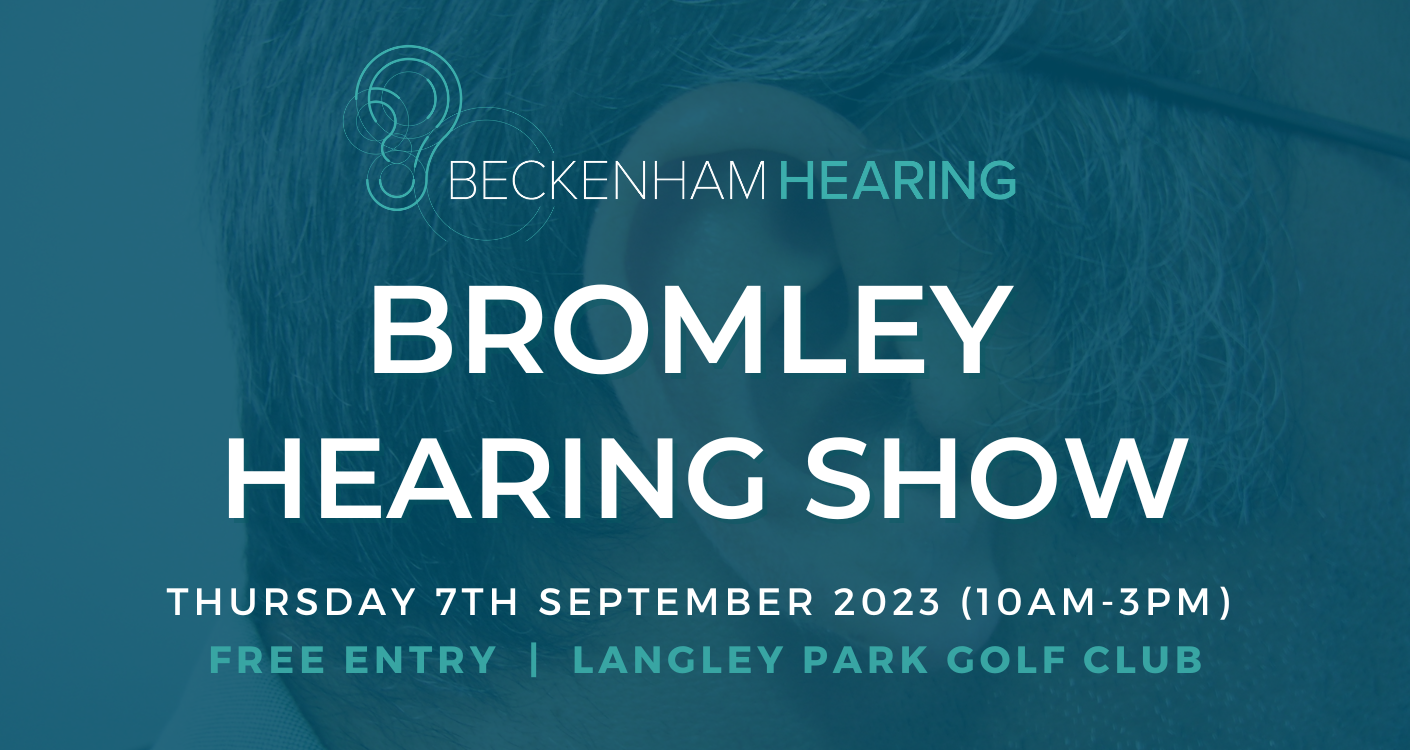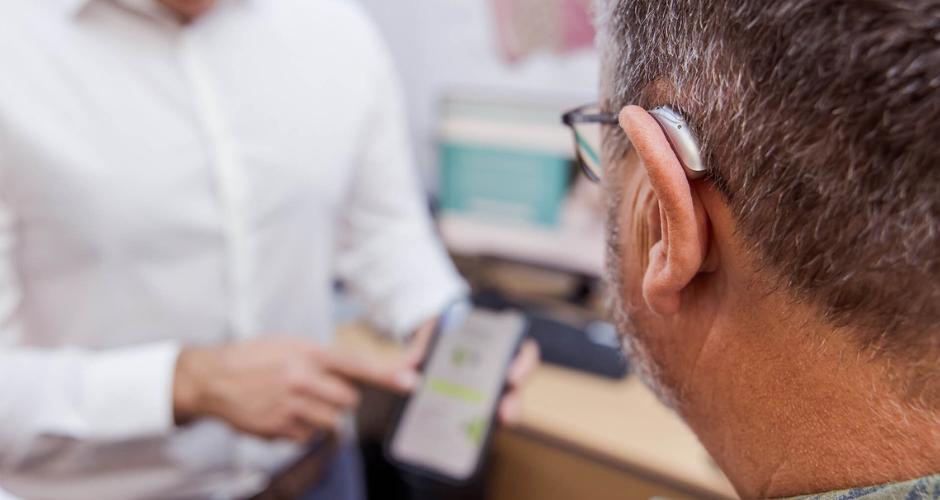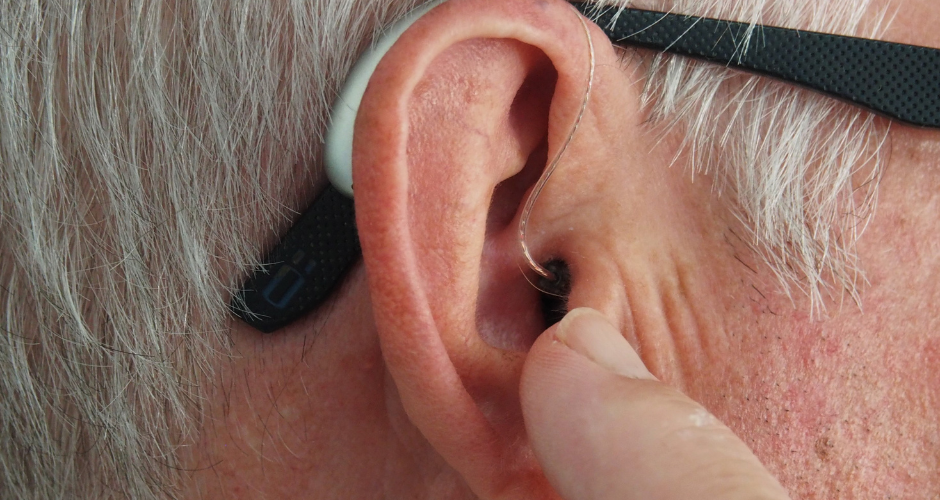Caring for your hearing aid is a way to protect your investment.
Follow our tips for cleaning and caring for your listening device.
Good hearing aids are a significant investment, and it will pay you to look after your hearing aids well so you can keep enjoying your renewed world of sound for as long as possible.
Even if you are someone who upgrades to the latest technology regularly, it is still a good idea to care for your hearing aids as well as you can. This will avoid regular repairs or reduced performance.
Specific cleaning and care instructions will vary between hearing aids.
However, there are some basic care tips which we recommend you follow for all devices. They will help to ensure optimal performance and longevity over their lifetime:
- Clean your hearing aid silicone or acrylic tip every day using a kitchen towel
- Use your microfibre cloth to clean the body of the hearing aids.
- Use the brush provided to clean your microphone ports once a week, this will really optimise their performance over their lifetime.
- Always use the correct tools provided by your audiologist to clean your hearing aids
- Use your vent cleaner once a week to allow your natural low-frequency hearing to enter your and optimising your overall hearing.
- A build-up of earwax in your hearing aid can cause performance issues such as muffled sound or whistling. Debris can cause damage to the receiver and/or microphones.
- Clean your hearing aids in the evening, to allow them to dry completely overnight, as moisture can cause damage to certain elements.
- Always remove hearing aids when washing or using products such as hairspray.
- Never use water, liquid, or solvents to clean the ear set. This can damage the receiver.
- Keep your hearing aid dry and free of moisture.
- If it gets wet, remove your device to dry it straight away.
- When not in use, leave the battery compartment open to ventilate the hearing aid/or leave your batterie charging unit open.
Did you know?
The build-up of wax is one of the main causes of hearing aid repair. If you hearing aids are whistling, then it is likely that your ears have excess ear wax and need microsuction or irrigation






